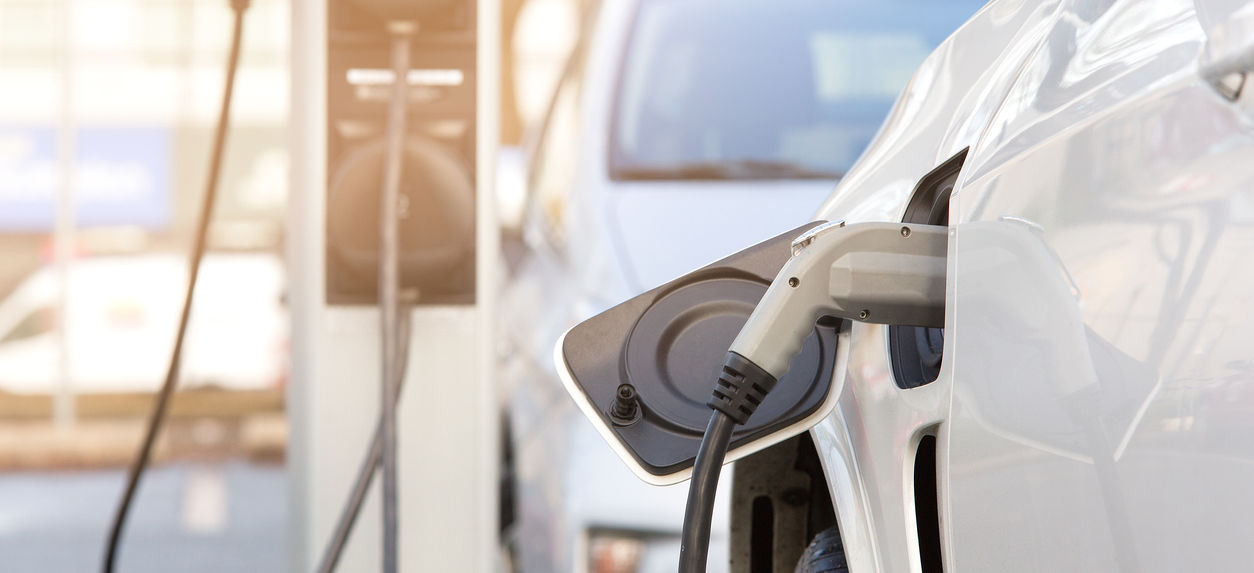
The success of the electrification of the vehicle fleet in Belgium will be achieved by reducing the number of kilometres travelled by car, reducing the weight and power of the vehicles and recycling the battery materials.
The study carried out by CLIMACT for the Federal Council for Sustainable Development-Federale Raad voor Duurzame Ontwikkeling (FRDO/CFDD) on the electrification needs of mobility in Belgium and the environmental, economic and social and the related environmental, economic and social impacts is clear: the combination of behavioural and technological changes is necessary to achieve carbon neutrality in the transport sector.
The reduction of mobility in “fossil” individual vehicles, car-sharing public transport (trains, buses, trams), alternative mobility, as well as the electrification of automotive transport do provide a solution to the climate challenges in the transport sector.
Electric batteries are made up of metals such as cobalt, lithium, copper and nickel, which, in addition to being highly critical in environmental and social terms (extraction and working conditions), The large-scale recycling of batteries is a major challenge for the European Union.
Large-scale recycling of batteries is essential in order to reduce the economic and socio-environmental impact of the production of the metals necessary for their production. The European Commission has proposed to increase the current mandatory battery recycling rate from 50% to 65% by 65% in 2025 and 70% in 2030, with specific recycling rates for critical metals.
However, recycling alone will not be enough. Limiting the weight and power of vehicles also makes it possible to limit the size of the batteries used: a battery currently weighs up to 500 kg and can represent up to half the value of a vehicle.
The full report is available HERE.
The report summarises all the findings of the research carried out, and provides answers to the following questions:
- What are the possible battery demand scenarios for a carbon-free Belgium in 2050?
- What are the economic, environmental and social impacts (positive and negative) of these scenarios?
- What are the key policy measures to decarbonise rapidly and without compromising other sustainable development objectives in the transport sector?
Latest news & publications
-
Energy
Belgium’s evolving energy strategy : from nuclear phase-out to potential doubling
-
Legal & Regulatory Advisory
The Clean Industrial Deal (CID): a new era for European industry balancing competitiveness and sustainability
-
News
SBTi remains the most robust way to demonstrate a company 1.5°- aligned ambition